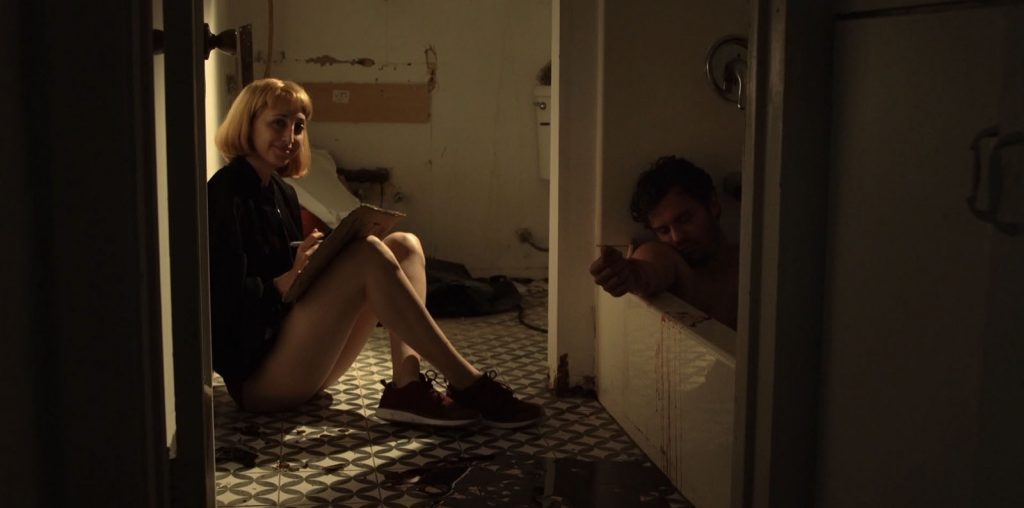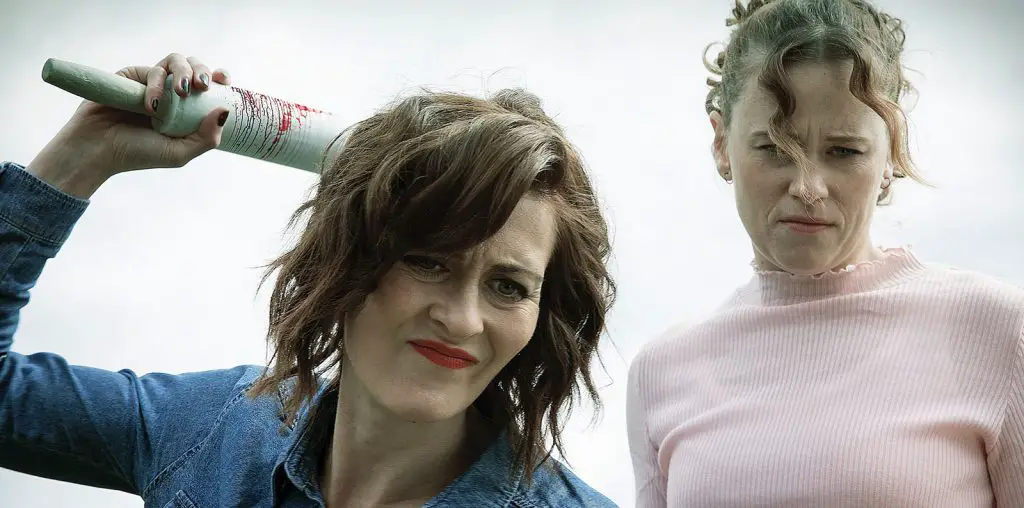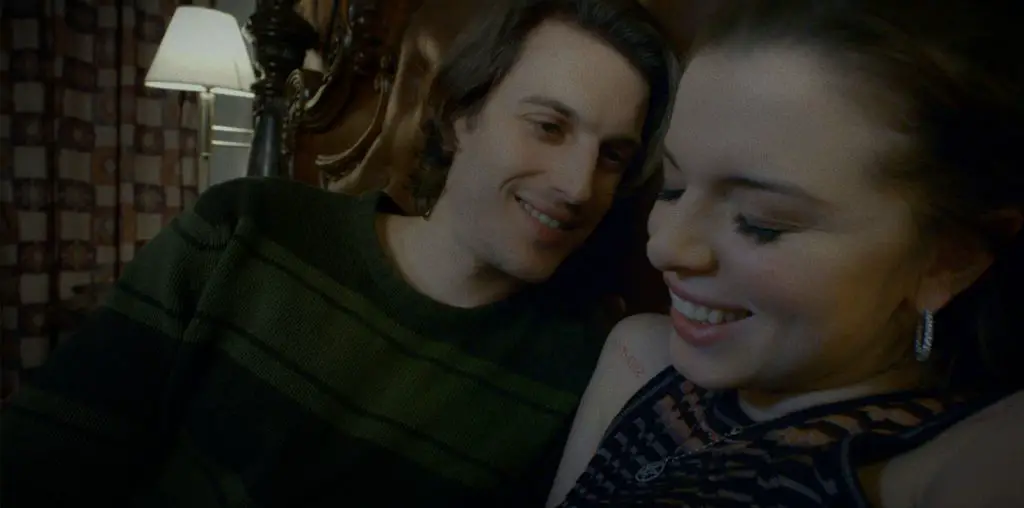
There’s this sudden commodification of women and “diverse voices” blah blah blah. It’s inauthentic, though. Do you find it’s really hard to find pockets of authenticity within the Hollywood system?
Absolutely, I think because it’s capitalism. When something is in the process of getting commoditized, it’s leeched of its authenticity. Because authenticity is an attribute that is something to be branded and marketed, but it’s not coherent in the material. I don’t think a studio movie can be subversive in a sense. I think that is…for example, the great failure of Fight Club. You can’t have a film financed by a multi-national corporation encouraging people to burn down credit card companies. It just seems…you know that they don’t really want you to. They’re hoping that you will enjoy the film, get your catharsis from watching it, and then that will deaden your impulse to rebel. Your impulse to rebel will be sublimated into buying the film’s poster that rebels, buying the DVD of the film that rebels, tweeting about the film that rebels. Anything that can substitute and create apathy is what they want. Thomas Frank talks about this idea a lot in his essays. He has this book called Commodify Your Dissent. It’s just about how since the ’60s. Ideas of rebellion and authenticity have been sold back to people as substitutes for actual engagement and activism and change and rebellion. I think it’s very hard to make something groundbreaking in the Hollywood system. Obviously, some social-issue films have changed things that have paved the way for legislation. But if we’re talking about disrupting a hierarchy, it’s impossible.
I wanted to talk about the scene with Nick Antosca, who is a writer for Hannibal. I loved that scene and how you got him to talk about this. How did that come about?
Those sections are from the short documentary that I shot a few years ago that I built I Blame Society from. Those are real scenes where my DP Olivia (Kuan) and I took Nick to a forest near Los Angeles. We interviewed him there in this totally deserted locale about how I would make a good murderer. Whether his experience writing on the show, Hannibal would give me any insight into that. So we were friends, so he just did it as a friend thing. He’s a super nice guy.
“When something is in the process of getting commoditized, it’s leeched of its authenticity.”
This is something I’ve been asking a lot of people because I feel like it has a different effect on independent directors than it would on big-budget directors. How has the way Covid changed film releases affecting your work?
We were lucky in that the film premiered at Rotterdam before everything got shut down. Rotterdam is the second to last film festival that was in person. There was just Berlin after that, and after that, it was done. I’m so bummed that I didn’t get to travel more with the film. I would’ve loved to go to Maryland. I would’ve loved to go to Calgary. I would’ve loved to go to Mexico City. That would’ve all been awesome. Filmmakers are losing out on opportunities because of the virtual nature of film festivals. I like the democratization of opening up film festivals to virtual audiences. The big payoff of film festivals is not only getting your film in front of an audience, but also, it’s frankly the networking.
You have nothing better to do except go see your movie, and they’re forced to watch it, and then they actually like it, and you actually talk to them about maybe doing something together. Many of the actors that I’ve cast in my films come out of meeting them at film festivals and setting up rapports there. So, it’s like you’re in a bubble for two years working on your movie, at least. Then it comes out and the people you meet at the festivals: the producers, the sales agents, the actors, all of that is supposed to help you to launch the next thing. So, it’s kind of like that next step is gone for a lot of people. Like, they got to do this one, and then because of the year it came out, they’re not going to have the advantages that the people the year before or the year after have had in terms of the relationships they got to make. It’s hard to cultivate that in this Covid environment. Now I have good managers, and they’re on the same page as me, and we’re all working towards the same goal. It is a bummer. It’s a really big bummer.
I didn’t mean to end it on that note, but I have to because of time. I’m really excited for you and this project. This movie is so good, and I can’t wait to see when you’re able to make another one.
Thank you, Lorry.
"…You can't have a film financed by a multi-national corporation encouraging people to burn down credit card companies"


